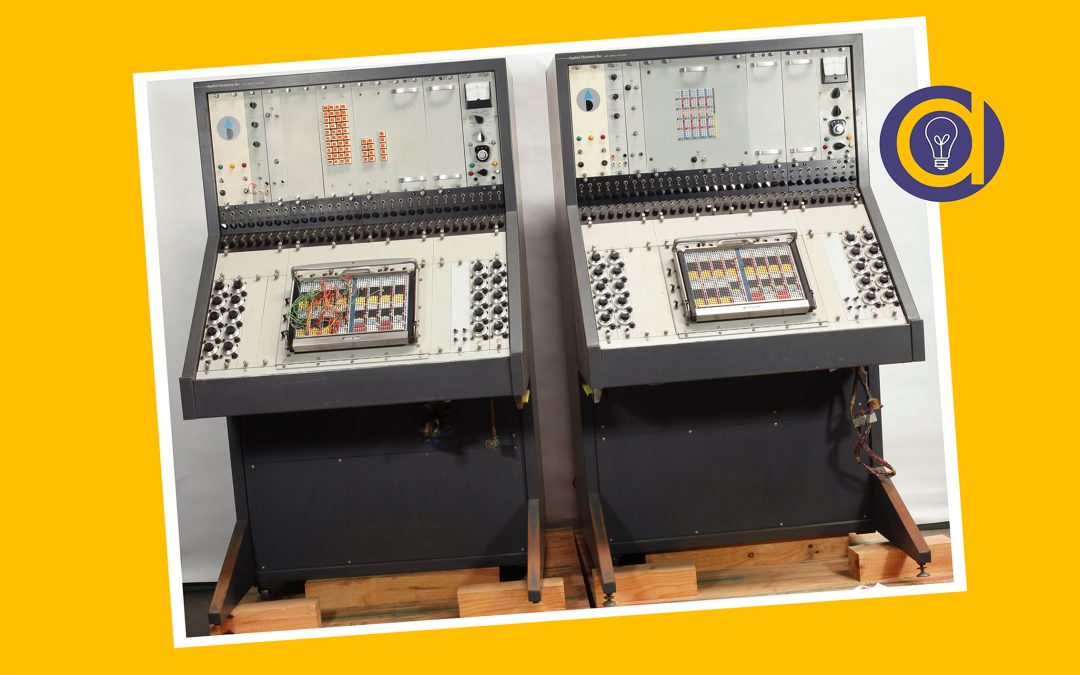A lot of people think that awesome online learning is all about using the latest whizzy technology.
It isn’t.
If someone talks at you for 30 minutes, you switch off – whether you’re online or face-to-face. A boring teacher is a boring teacher, whether they’re in-person, on Zoom or on a video.
Technology can’t salvage poor learning design, ineffective facilitation or a lack of empathy for learners’ individual needs. It just delivers a bad experience online. Conversely, if the underlying learning design is sound then you can do incredible things with technology.
Here are some things that make online learning awesome:
- great learning design: this starts with defining clear outcomes, then working backwards to develop activities that all enable learners to achieve the outcomes. All the course content should then be clearly aligned with the intended outcomes.
- relevant activities: these should enable learners to make sense of the new information by applying it to real or simulated problems. The more your learners do, the more they will learn, and each activity should provide an opportunity for learners to achieve one or more of the learning outcomes.
- engaging facilitation: the person delivering the information should be a great communicator. If they’re not, no amount of technology will save them. A facilitator should be constantly empathising with their learners’ diverse needs. Learners engage in different ways, so engaging facilitation involves providing them with multiple ways to make sense of the new information e.g. video, text, questions, activities and discussion.
- insightful questions: engaging facilitators make regular use of questions. These questions shift learners from simply listening passively towards actively applying their new knowledge. Aim to ask at least one question every 5 minutes, or you risk losing your learners’ attention.
- meaningful relationships: learning is more transformative when learners develop meaningful relationships. This applies whether they’re watching a video, doing an eLearning module or participating in a real-time session. Great learning is based on confidence and trust – it requires you to have confidence in the resource or the activity, and to trust that the facilitator genuinely has your best interests at heart.
- timely, constructive feedback: high quality learning requires effective feedback. When learning online, receiving feedback ‘little and often’ is preferable to receiving a load of feedback in one go. Feedback should always be encouraging, and explain what the learner could have done to improve their mark.
Don’t get me wrong, I’m a sucker for a whizzy technology. Technology has an important part to play in learning, but it should always be subservient to learning design.
And when it’s used well, technology should be almost invisible.
You might also like:


